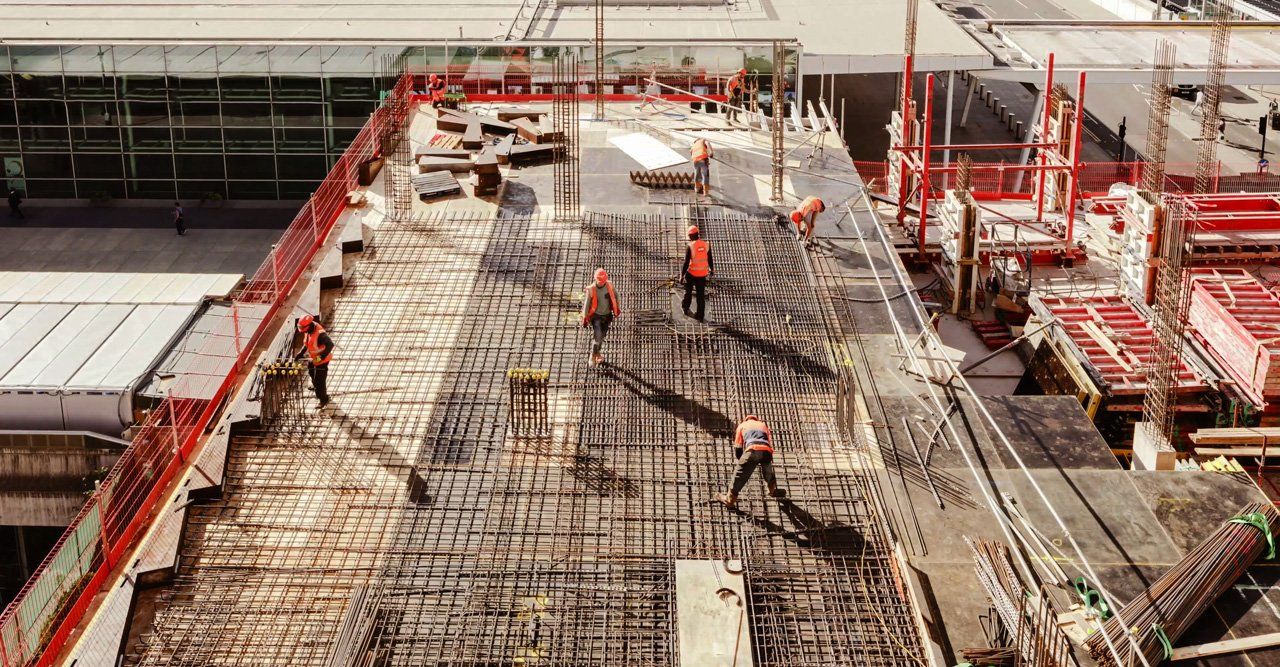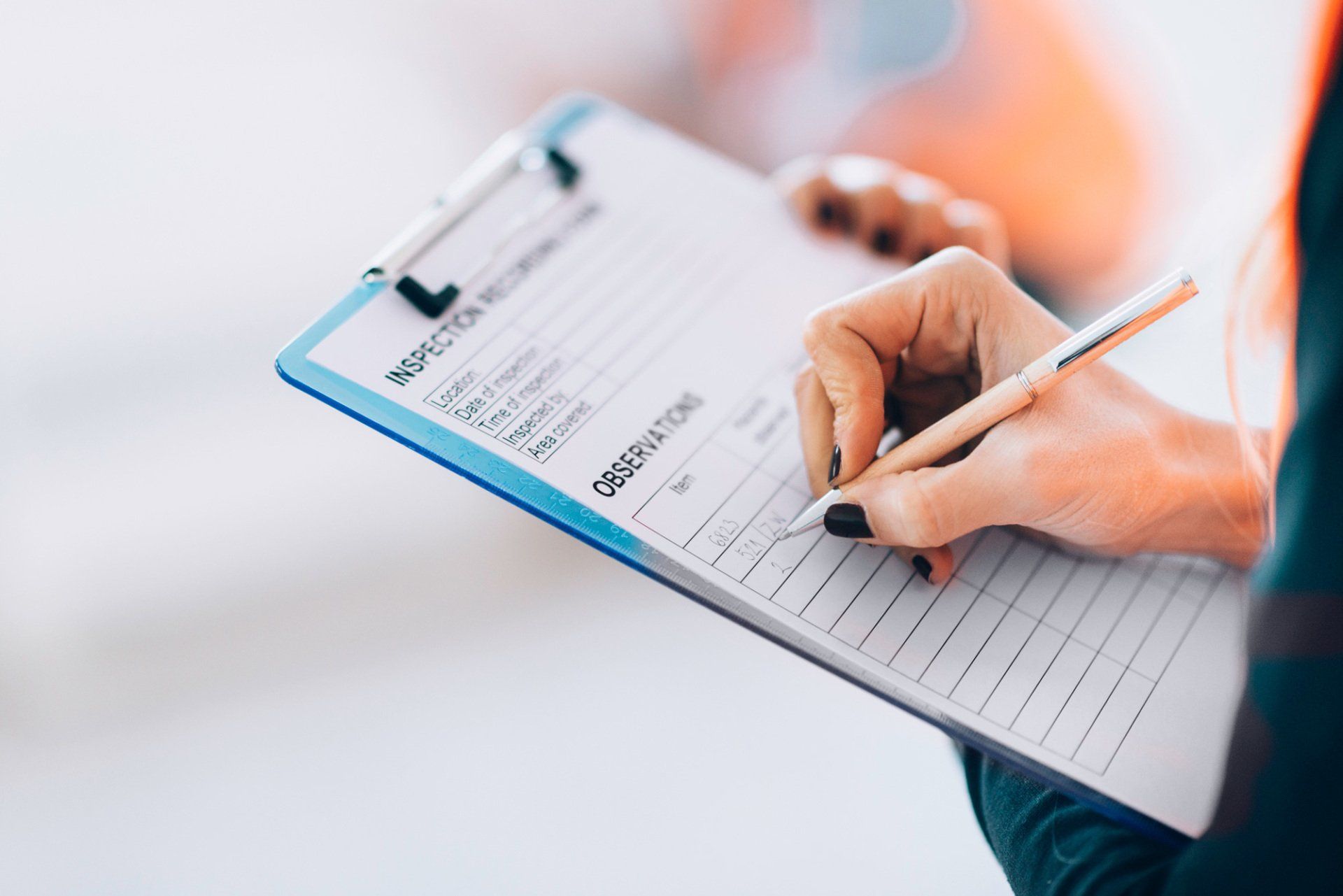Construction Work and COVID-19

If you plan to go into the field as a licensed contractor, this year is more challenging than you probably hoped it would be. Though construction workers can be at risk for contracting COVID-19, you still have ways to do your job well and keep yourself safe. Look at why you might be at a higher risk, as well as the ways you can protect yourself and others from the effects of the disease.
Know Why You're at Risk
To an extent, every person who works outside the home is at some level of risk. Most experts agree that the disease is respiratory and spreads through the air, especially if an infected person sneezes, coughs, or projects his or her voice. People who have to work near each other might be more at risk, especially if either is an asymptomatic carrier.
Because construction work is a necessary function in most states, contractors have continued to work throughout the pandemic, which gives them more opportunities to contract the virus. The nature of construction also brings up the risk of infection since the workers usually have to work near each other. Therefore, contractors should take extra precautions against illness.
Protect Each Other
Whether your state requires it or not, you should wear the appropriate protective equipment to guard against spreading germs. In most places, this equipment includes a face covering, either of cloth or another CDC-approved material. You can also wear disposable gloves and face shields to provide further barriers since the possibility of the virus spreading on surfaces has yet to be disproven.
If you believe you or someone in your family has symptoms of COVID-19, your supervisor should allow you to stay home until you receive negative tests. Check with the contracting company or your union to see how they can help you if you don't think you'll be financially able to take time off, but prioritize health over income where you can.
Beyond these measures specific to the coronavirus, practice basic infection control as you would in a flu season. Wash your hands frequently and use tissues if you need to touch your eyes, nose, or mouth, especially after a sneeze or cough.
Take Environmental Precautions
Since many people are unsure how long the virus can live on surfaces, you're better off being overcautious. Invest in your own tools and bring them with you to a job, and limit sharing where possible. If you know that you're at high risk if you contract COVID, notify your supervisor and ask for work that will keep you away from others who might spread it to you.
Your job may take place in a COVID hotspot. In that case, request separation between your fellow workers and visitors to the site. When the work permits, maintain the 6-foot social distancing recommended by the CDC and sanitize equipment or materials others have touched.
Your supervisor or employer should have a plan in place to act against the virus, so comply with the guidelines they give you as well as the ones listed above. If you all work together, you should be able to limit the spread between workers and accomplish your jobs efficiently.
Armed with these health tips, the only thing you have to worry about as you prepare to enter the field is passing the exam for your licensure. That's where Golden State Contractors School comes in. We will equip you with the knowledge and skills you need on the job, as well as the legal and business regulations you'll have to follow in your contracting work. Contact us today to see how you can prepare for your licensure exam.










